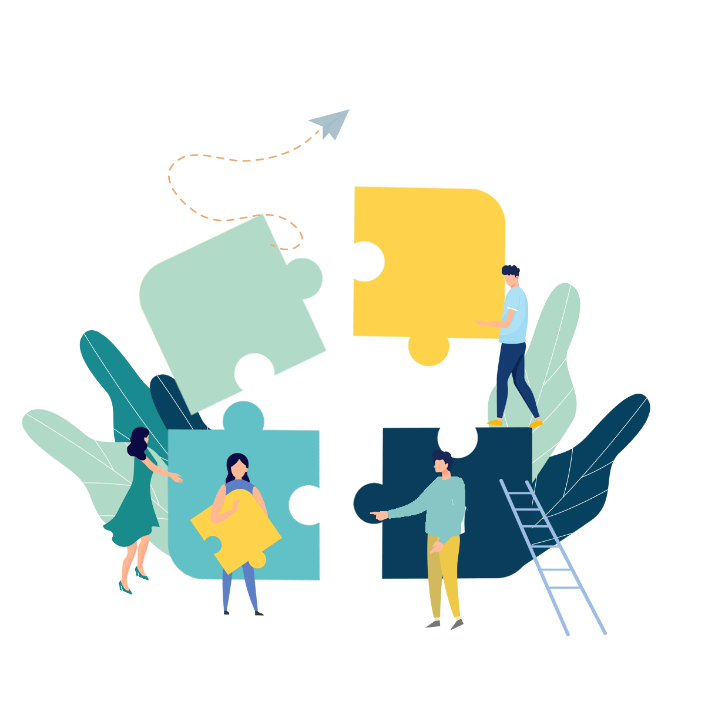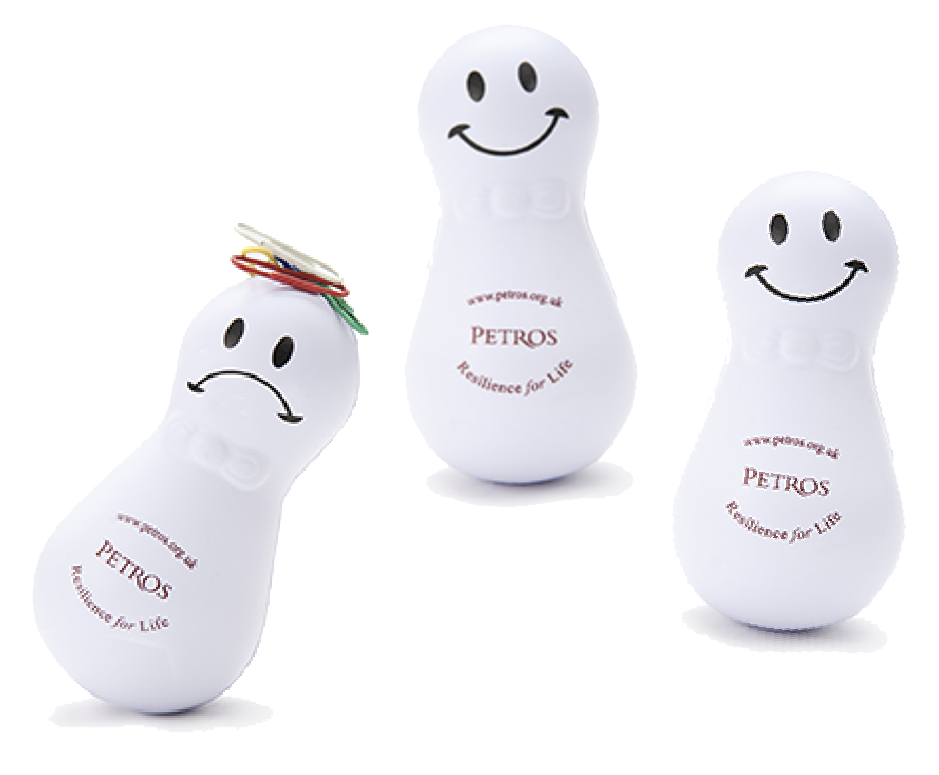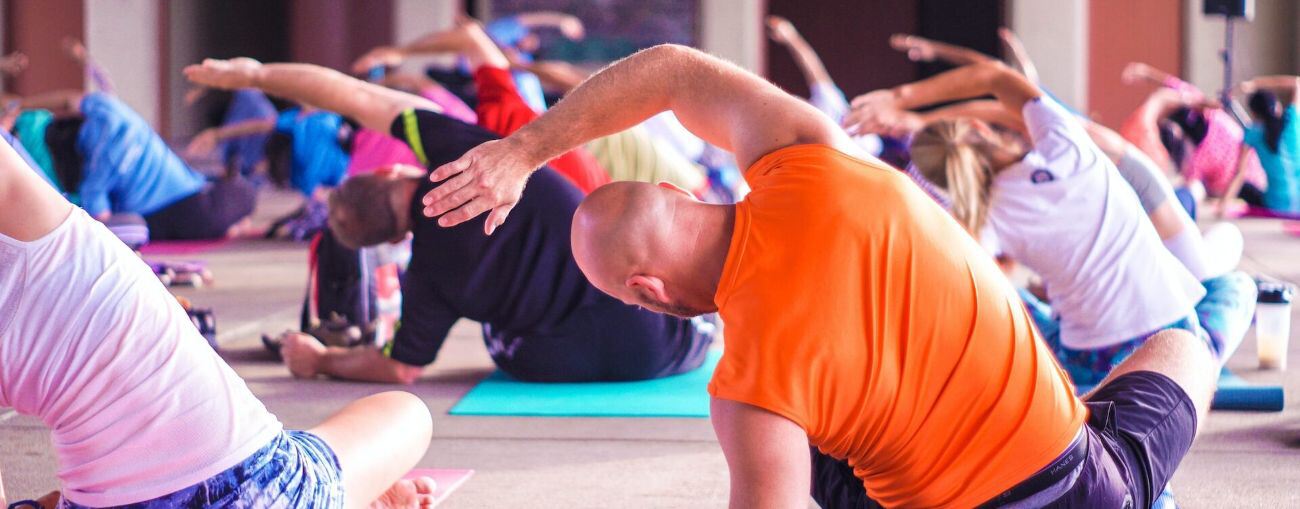On the day Hope received her cancer diagnosis, I received an email confirming my mum’s formal diagnosis of Alzheimer’s. It was time to move my mum from her long-time home 250 miles away, to be closer to me. I couldn’t take care of her from a distance. It was a risky move for her, and a poor choice of solicitor made the buying her new home protracted and hugely challenging. I know this because a different solicitor who dealt with the sale of her old house was amazing, making the process smooth and transparent.
In amongst all this, my daughter’s childhood cat, aged 18, became very ill and had to be put to sleep, and my mum’s very elderly dog, her constant companion and reason for getting up each day, also came to the end of her natural life.
I’m sure you’ll agree, the last 12 months have been tough. Why am I telling you this? Because, here we are, at the end of the year 2023, and I want to share with you what got me through (and it wasn’t alcohol – never liked the stuff!).

In the autumn, a friend of mine, who is phenomenally physically fit, asked me how I was getting through the year without having breaking down. I was about to say, “I don’t know”, when it dawned on me. I do. I am phenomenally psychologically fit! I train all day, every day, because it’s what I do for a living. So, my response to his question was.
“If I said to you, ‘Go and run 10k right now’, you would just up and go! If you asked me to do the same I would probably collapse after 10 metres. I’m just not physically fit. With training, there’s a possibility that I could eventually run 10k, and with training, you could confidently navigate the psychological obstacles life throws in your path.”
I’ve worked with Iron Man competitors and marathon runners who were extremely knowledgeable about their physical training. They would know exactly what to eat and drink when; when to train and when to rest; how much training to do at a time; what type of training is needed when; when to push through and when not to; when to rely on their intuition and when seek expert advice. They also worked on their mindset to be mentally prepared for the challenges they would face during their training and on the day of the event itself.
Fortunately, psychological fitness doesn’t involve any physical pain, nor does it require us to put time aside to do it, because we can practice the skills we need any time, any place, anywhere. The important question is, “What is psychological fitness? What are the skills we need to run a psychological marathon or complete a psychological Iron Man?”
At Petros we define this resilience as:
The ability to respond adaptively to whatever life throws at you.
Sometimes that might be soldiering on.
Sometimes it might be stopping.
Sometimes it might be saying, “No”.
Sometimes it might be having a good cry.
Sometimes it might be asking for help.
It is about doing what’s right for you and those around you that will allow you to thrive.
Responding adaptively (flexing with change, adjusting plans, yielding to pressure) is not just one thing, it is a set of skills that include the ability to:
- manage your mind
- take perspective
- problem-solve
- think consequentially
- have foresight, hindsight, insight, and oversight
- regulate emotions
- express feelings in a way that gives others room to respond in kind (even when you might want to throttle them)
- build stamina
- listen to your body and know when to rest
- reach out and ask for help
Throughout 2023 I regularly needed everyone of these skills. If my mind had a physical form I reckon it would be toned, chiselled, supple and ready for action! I’m under no illusion that on the stroke of midnight on Sunday 31st December 2024 life will not be miraculously be different, but at least I’m marathon ready for 2024, psychologically at least!
Do you recognise these skills and respond adaptively? Look out for more blogs on putting these skills into practice.
‘What is Psychological Fitness?’ was written by Professor Joanna Clarke PhD. Jo and her award-winning team at Petros are dedicated to delivering evidence-based, highly effective prevention and early intervention mental health support programs, helping to make an important difference in the lives of those who need it most.
Discover more about Jo and the Petros People.



